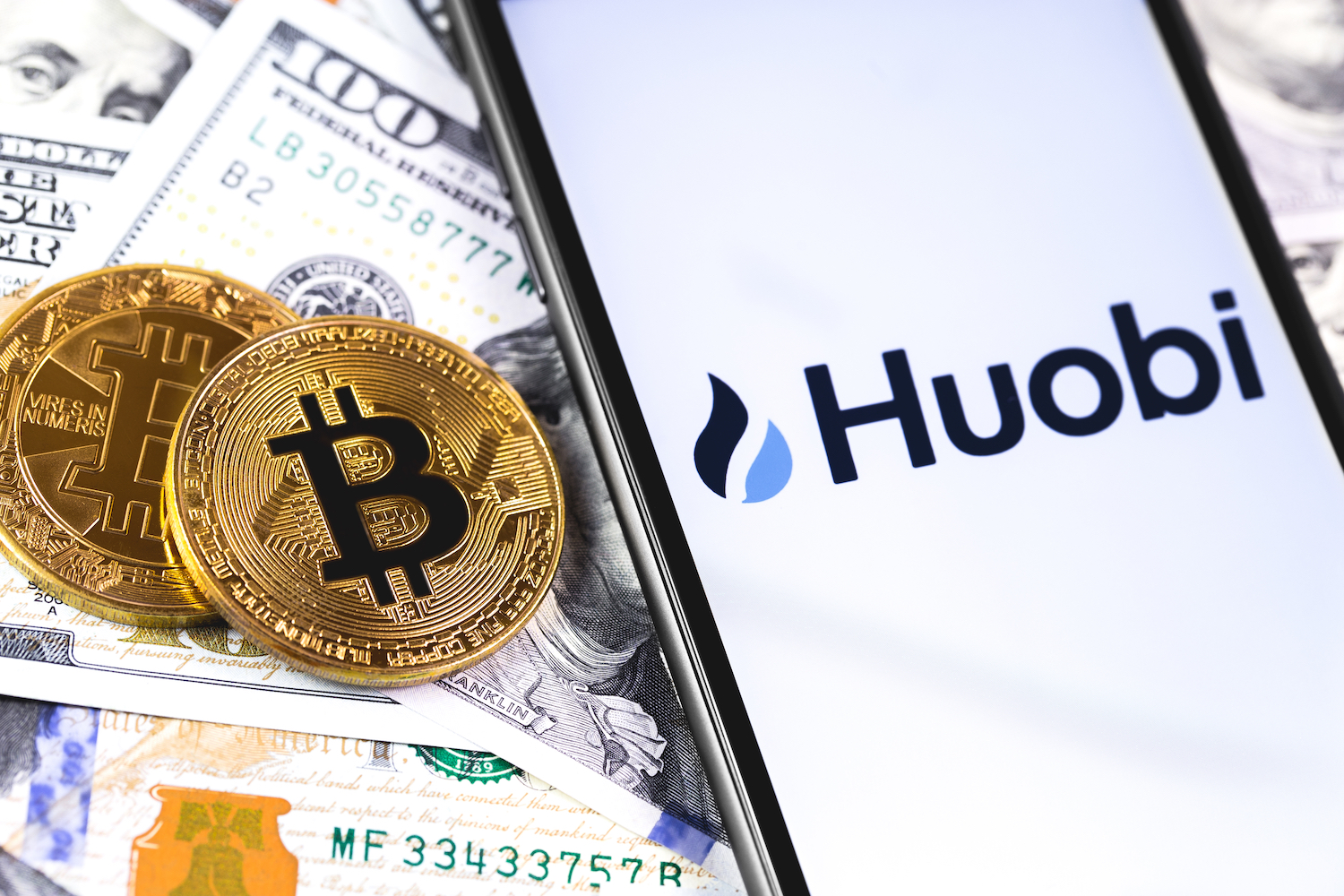Bitcoin-Ether Correlation Weakest Since 2021, Hints at Regime Change in Crypto Market
:format(jpg)/s3.amazonaws.com/arc-authors/coindesk/31d39a34-26a1-4e78-a5da-d5cf54a9d695.png)
Omkar Godbole is a Co-Managing Editor on CoinDesk’s Markets team.
Bitcoin (BTC) and ether (ETH), the world’s top two cryptocurrencies by market value, moved in tandem for much of 2022. That positive relationship has weakened this year, signaling an impending regime change in the market.
As of Monday, the 30-day rolling correlation between changes in bitcoin and ether prices was 77%, the lowest since 2021 and notably weaker than 96% seen two months ago, according to crypto data provider Kaiko.
Ether, in the past, has decoupled from bitcoin for brief periods. The latest weakening of correlation may be long-lasting, meaning bitcoin, the world’s largest and most liquid digital asset, may no longer anchor ether and the broader market, according to Pulkit Goyal, Vice President of trading at OrBit Markets, an institutional liquidity provider of options and structured derivatives in digital assets.
“What we are seeing could be the beginning of a long-term regime change. As Ethereum has shifted from PoW to PoS, the economics of supply and demand underlying the 2 tokens will continue to diverge,” Goyal told CoinDesk.
“Bitcoin will cement its status as the “digital gold” or a blue-chip stock while Ether will be seen as a growth stock or an emerging market,” Goyal added.
Kaiko’s latest weekly newsletter said voiced a similar opinion in the weekly newsletter, saying, “Both BTC and ETH seem increasingly driven by divergent idiosyncratic factors.”
In September 2022, Ethereum, the world’s largest smart contract blockchain, transitioned from the energy-intensive proof-of-work consensus mechanism of verifying transactions to the proof-of-stake setup. Recently, Ethereum implemented the Shapella upgrade, de-risking the passive investing strategy of locking or staking coins in the smart contract platform in return for rewards. The amount of ether burned by the network is closely tied to the degree of network usage.
Bitcoin, meanwhile, continues to be a macro asset, taking cues from inflation figures and expected changes in fiat liquidity and retaining its appeal as a hedge against traditional finance. Bitcoin’s pace of supply expansion is halved every four years through a programmed process called mining reward halving. The fourth halving is due next year.
“Post the transition to a proof-of-stake governance mechanism, it is possible that Ether is seen as a different asset class in the same sphere and this might change but for the time being, Bitcoin is more governed by macroeconomic factors and institutional investment while Ethereum although affected, might just be less correlated to the macroeconomic conditions for the better or worse,” analysts at Bitfinex said in an email.
“It’s a good move for the crypto market, as these two assets can be viewed now from the perspective of price action as to different asset class, although in the same sphere,” Bitfinex analysts added.
The decoupling between the two might boost trading activity in bitcoin-ether pairs listed on major exchanges, including Binance.
“For traders, the decoupling could present new opportunities to capture the relative value between the 2 tokens without involving the dollar. In fact, demand for options in the BTC/ETH cross has picked up lately in the OTC space,” Goyal said.
(UPDATE, May 16, 2023, 09:37 UTC): Adds comments from Bitfinex.
Edited by Parikshit Mishra.
DISCLOSURE
Please note that our
privacy policy,
terms of use,
cookies,
and
do not sell my personal information
has been updated
.
The leader in news and information on cryptocurrency, digital assets and the future of money, CoinDesk is a media outlet that strives for the highest journalistic standards and abides by a
strict set of editorial policies.
CoinDesk is an independent operating subsidiary of
Digital Currency Group,
which invests in
cryptocurrencies
and blockchain
startups.
As part of their compensation, certain CoinDesk employees, including editorial employees, may receive exposure to DCG equity in the form of
stock appreciation rights,
which vest over a multi-year period. CoinDesk journalists are not allowed to purchase stock outright in DCG
.
:format(jpg)/s3.amazonaws.com/arc-authors/coindesk/31d39a34-26a1-4e78-a5da-d5cf54a9d695.png)
Omkar Godbole is a Co-Managing Editor on CoinDesk’s Markets team.
Learn more about Consensus 2024, CoinDesk’s longest-running and most influential event that brings together all sides of crypto, blockchain and Web3. Head to consensus.coindesk.com to register and buy your pass now.
:format(jpg)/s3.amazonaws.com/arc-authors/coindesk/31d39a34-26a1-4e78-a5da-d5cf54a9d695.png)
Omkar Godbole is a Co-Managing Editor on CoinDesk’s Markets team.









